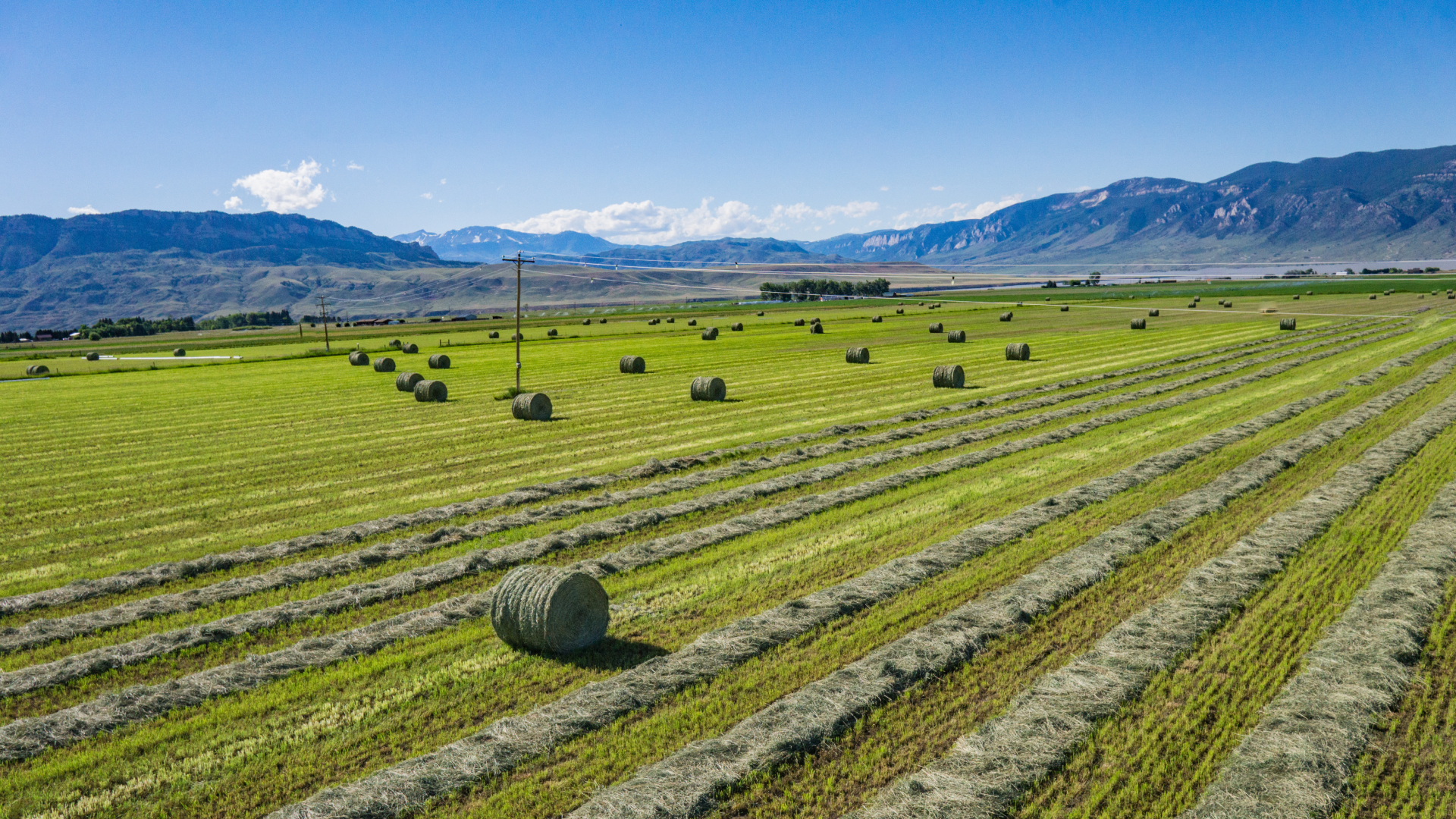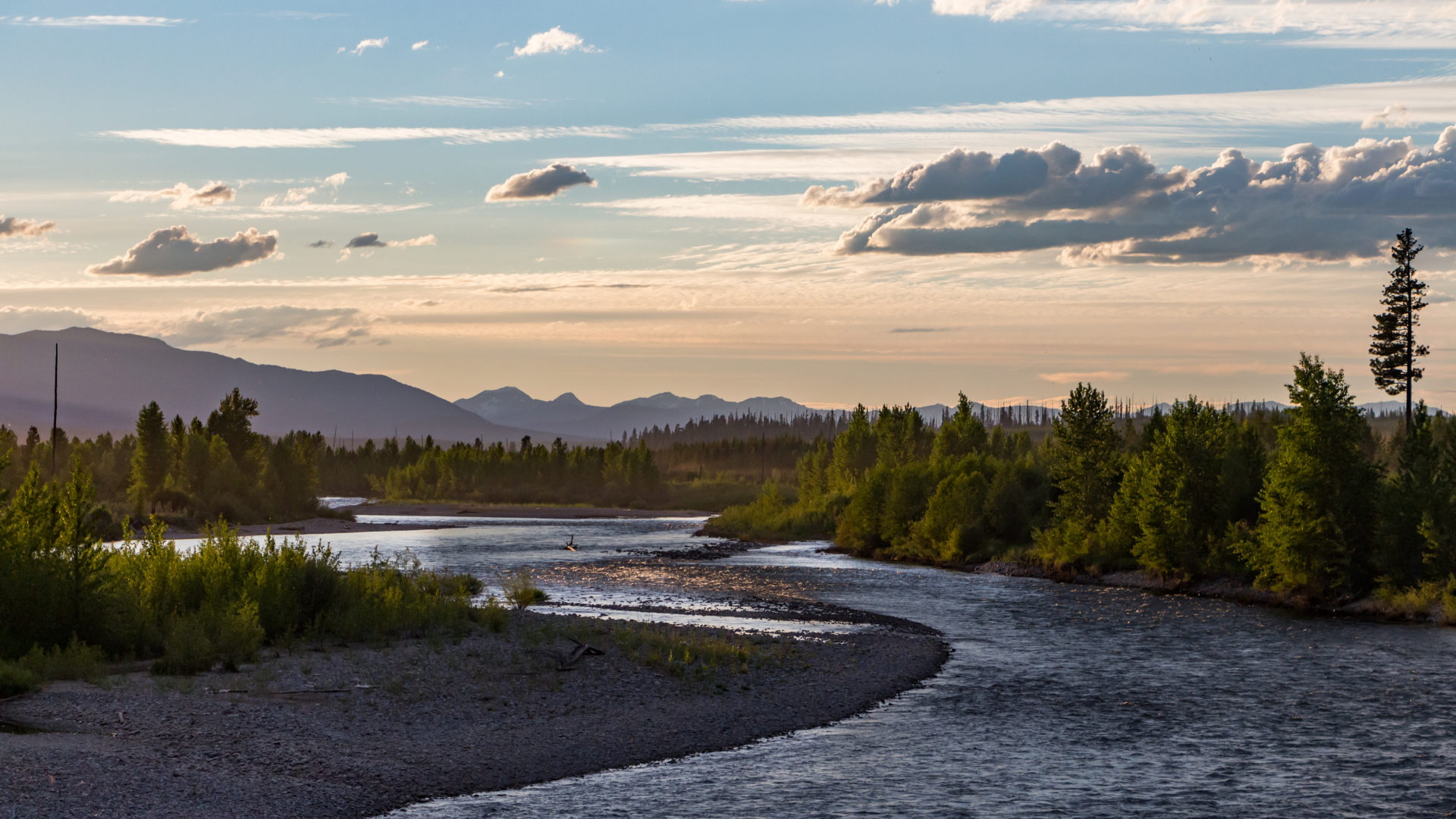Bozeman, Montana’s thriving tourism and outdoor recreation sectors create thousands of seasonal employment opportunities each year. From ski instructors at Bridger Bowl and Big Sky to summer guides in Yellowstone National Park, seasonal workers are vital to the local economy. However, when these workers suffer job-related injuries, they often face confusion about their workers’ compensation rights and benefits.
Many seasonal employees incorrectly assume they don’t qualify for workers’ compensation because of their temporary status. Montana law, however, generally provides protection for seasonal workers, though certain exceptions and limitations apply. Understanding these rights is crucial for Bozeman’s growing seasonal workforce.
Workers’ Compensation Coverage for Seasonal Employees in Montana
Under Montana workers’ compensation laws, seasonal employees generally have the same basic rights to benefits as permanent employees when injured on the job. This applies whether you’re:
- A winter ski instructor at Bridger Bowl or Big Sky Resort
- A summer rafting guide on the Gallatin River
- A seasonal server at a downtown Bozeman restaurant during tourist season
- A temporary construction worker during Bozeman’s summer building boom
- A seasonal retail employee at shops in downtown Bozeman or the Gallatin Valley Mall
- A harvest worker at one of the farms in Gallatin County
Key Montana Workers’ Compensation Benefits
If injured while performing job duties, eligible seasonal workers in Bozeman can receive:
- Medical Benefits: Coverage for reasonable and necessary medical treatment related to your work injury
- Wage Loss Benefits: Temporary partial or total disability payments if you cannot work or must work reduced hours
- Permanent Disability Benefits: Compensation for permanent impairments resulting from work injuries
- Vocational Rehabilitation: Assistance returning to work through job training or education
- Travel Reimbursement: Payment for travel expenses to medical appointments (important in Montana’s expansive geography)
Unique Challenges for Seasonal Workers in Bozeman
Despite having similar rights as permanent employees, seasonal workers in the Bozeman area face several unique challenges when filing workers’ compensation claims:
1. Calculating Average Weekly Wages
Montana uses an employee’s average weekly wage to determine benefit amounts. For seasonal workers with inconsistent hours or income (common in tourism-dependent Bozeman), this calculation can be complicated:
- Montana law typically uses the 4 pay periods before the injury to calculate average weekly wages
- For seasonal work with significant income fluctuations, this may not accurately reflect typical earnings
- Workers at places like Big Sky Resort or other tourism-dependent jobs may have drastically different summer and winter incomes
2. Employer Misclassification
Some Bozeman employers incorrectly classify seasonal workers as independent contractors to avoid providing workers’ compensation coverage. This is particularly common in:
- Construction jobs during Bozeman’s building season
- Outdoor guiding positions (fishing, hunting, and river guides)
- Seasonal delivery drivers
- Hospitality and event staff during peak tourism periods
Montana uses specific legal tests to determine proper worker classification. Even if you’re called an “independent contractor,” you may legally be an employee entitled to workers’ compensation coverage.
3. Coverage During Off-Season Periods
Seasonal workers who maintain employment relationships during off-seasons face questions about coverage continuity. For example:
- A ski instructor at Bridger Bowl who gets injured during pre-season training
- A summer tour guide injured while preparing equipment before the official start date
- A seasonal farm worker injured during setup before the harvest begins
Montana law generally covers work activities that benefit the employer, even if performed outside normal work hours or before the official season begins.
Montana-Specific Workers’ Compensation Requirements
Understanding Montana’s specific workers’ compensation requirements is essential for seasonal workers in Bozeman:
1. Reporting Requirements
Montana law requires injured workers to:
- Report injuries to employers within 30 days
- File a First Report of Injury (FROI) form with the Montana Department of Labor and Industry within 12 months
Failing to meet these deadlines can result in claim denial, regardless of injury severity.
2. Choice of Medical Provider
Unlike some states, Montana allows injured workers to choose their own treating physician. For seasonal workers in Bozeman, this means:
- You can select from medical providers in the Bozeman area, including Bozeman Health Deaconess Hospital, urgent care centers, or private practices
- You’re not limited to company-selected doctors
- You can change physicians once without approval from the insurer
- Additional changes require insurer approval or a determination from the Workers’ Compensation Court
3. Montana’s Workers’ Compensation Court
Montana has a specialized Workers’ Compensation Court that exclusively handles workers’ compensation disputes. This court occasionally holds sessions in Bozeman, making it more accessible for local injured workers who need to appeal denied claims.
Special Considerations for Different Seasonal Industries in Bozeman
Ski Industry Workers
The skiing industry is a major employer of seasonal workers in the Bozeman area, with Bridger Bowl only 16 miles from town and Big Sky Resort about 45 miles away:
- Assumption of Risk: Ski industry employees cannot be denied benefits based on “assumption of risk” for inherently dangerous activities
- Employee vs. Independent Contractor: Ski instructors are typically employees, not independent contractors, despite flexible schedules
- On-Mountain Housing: Injuries occurring in employer-provided housing may be covered in certain circumstances
Outdoor Recreation and Guide Services
Bozeman’s proximity to the Gallatin River, Yellowstone National Park, and prime hunting areas creates numerous guiding opportunities:
- Guide Certification: Maintaining proper Montana guide licenses and certifications helps establish employment status
- Travel Between Sites: Injuries while traveling between work locations are typically covered
- Client-Related Injuries: Injuries sustained while assisting clients in emergency situations are generally compensable
Seasonal Construction
Bozeman’s rapid growth has created a construction boom with many seasonal positions:
- Multiple Job Sites: Coverage extends to all authorized work locations
- Subcontractor Relationships: Workers for subcontractors may be covered under the general contractor’s policy if the subcontractor lacks coverage
- Temperature-Related Conditions: Heat exhaustion in summer or cold exposure in early/late season work can qualify as compensable injuries
Agricultural Workers
Although less common than in other parts of Montana, Gallatin County does have agricultural operations with seasonal workers:
- Farm Exemptions: Small family farms may be exempt from workers’ compensation requirements, but larger operations must provide coverage
- H-2A Workers: Temporary agricultural workers on H-2A visas are entitled to workers’ compensation coverage
- Housing Injuries: Injuries in employer-provided farm housing may be compensable depending on circumstances
Steps for Seasonal Workers to Protect Their Rights
If you’re a seasonal worker in Bozeman who has suffered a workplace injury:
1. Report Immediately
- Notify your supervisor or employer about the injury as soon as possible, no matter how minor it seems
- Document who you reported to and when
- Follow up in writing (email or text) to create a record
2. Seek Medical Treatment
- Visit a healthcare provider in the Bozeman area promptly
- Clearly explain that the injury is work-related
- Follow all treatment recommendations and attend follow-up appointments
3. Document Everything
- Take photos of visible injuries and accident scenes
- Get contact information from witnesses, especially fellow seasonal workers who may leave the area
- Keep copies of all medical records, correspondence with employers, and work restrictions
4. File Formal Claim
- Complete a First Report of Injury form with your employer
- Ensure it’s submitted to the Montana Department of Labor and Industry
- Keep a copy for your records and get a claim number
5. Understand Your Benefits
- Request a clear explanation of available benefits
- Monitor for proper payment of medical bills
- Track wage loss benefits to ensure accurate calculation based on your work history
Local Resources for Injured Seasonal Workers in Bozeman
If you’re struggling with a workers’ compensation claim in the Bozeman area, these local resources can help:
- Montana Department of Labor and Industry – Provides information specific to Montana workers’ compensation laws and can answer questions about your rights
- Montana Legal Services Association – May offer assistance to qualifying low-income workers
- Bozeman Job Service – Can provide information about employment rights and alternative employment during recovery
- Montana State University Student Legal Services – For MSU students working seasonal jobs
When to Consult a Workers’ Compensation Attorney
Consider seeking legal representation if you experience:
- Denial of your legitimate claim
- Disputes about your employment status as a seasonal worker
- Disagreements about wage calculations or benefit amounts
- Pressure to return to work before you’re medically ready
- Complex injuries requiring extensive treatment
- Termination or retaliation after filing a claim
An experienced Montana workers’ compensation attorney can navigate the complexities of seasonal employment claims and help ensure you receive the benefits you deserve under state law.
Protect Your Rights as a Seasonal Worker in Bozeman
Seasonal employment is integral to Bozeman’s economy, and injured seasonal workers deserve the same protections as permanent employees. Understanding your rights under Montana workers’ compensation law is essential to protecting your health, finances, and future employment opportunities.
At Dermer Law, we help injured workers across the United States, including seasonal employees in the Bozeman area, navigate the workers’ compensation system and secure the benefits they deserve. Our experience with Montana’s specific workers’ compensation laws allows us to effectively advocate for seasonal workers in all industries.
Contact Dermer Law for a Free Consultation
If you’re a seasonal worker who has been injured on the job in Bozeman or elsewhere in Montana, don’t risk losing your benefits due to misinformation or procedural errors. Contact us today for a free consultation to discuss your case and explore your legal options.



